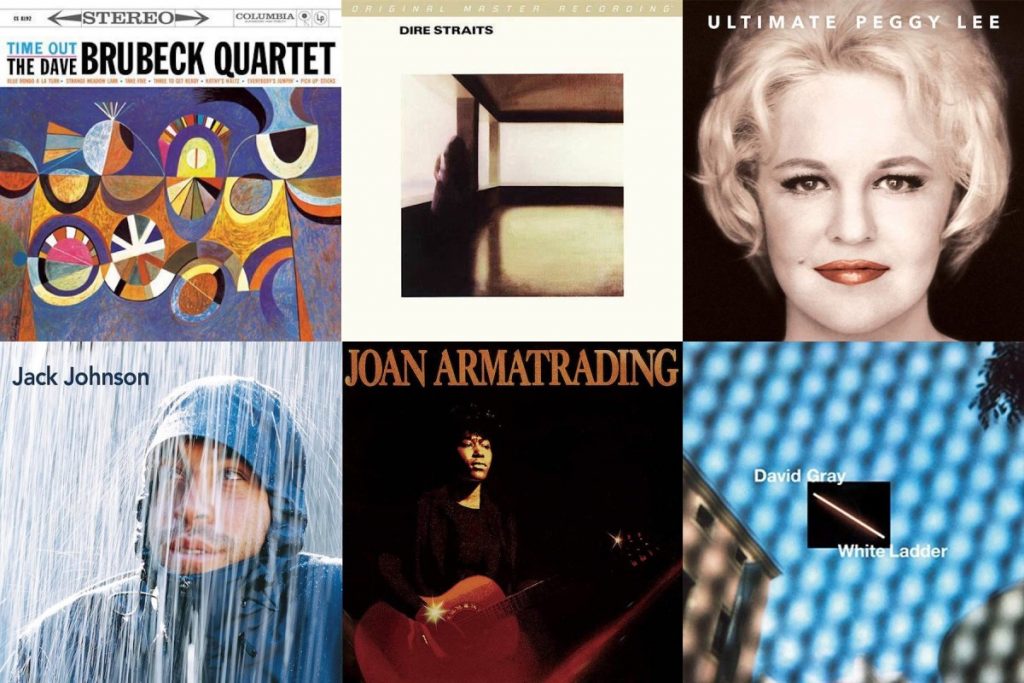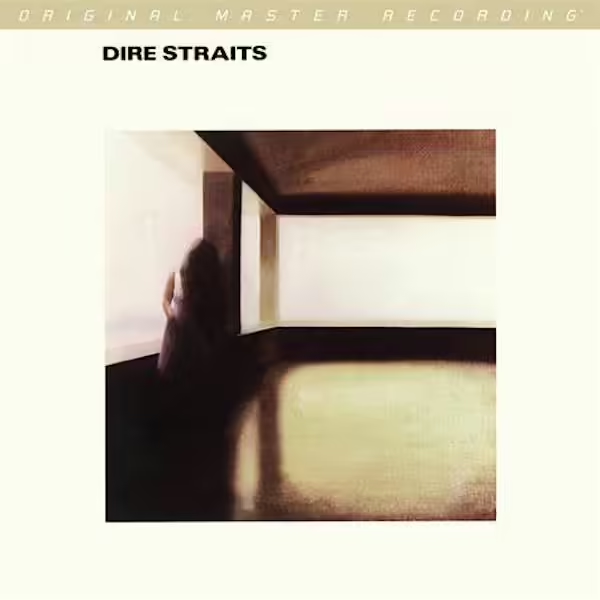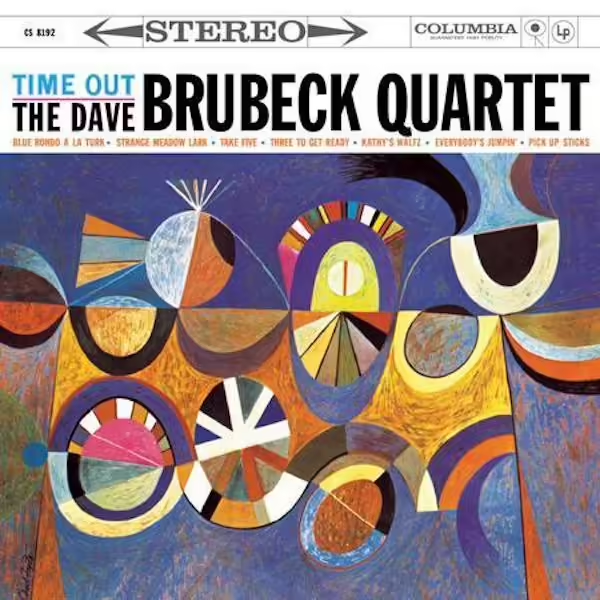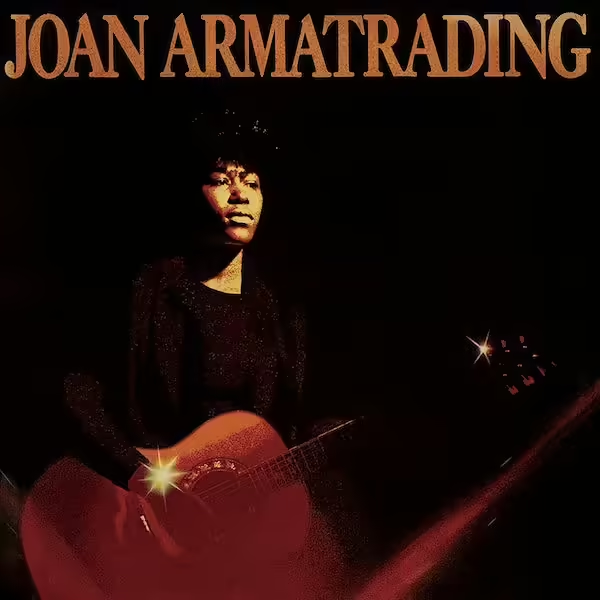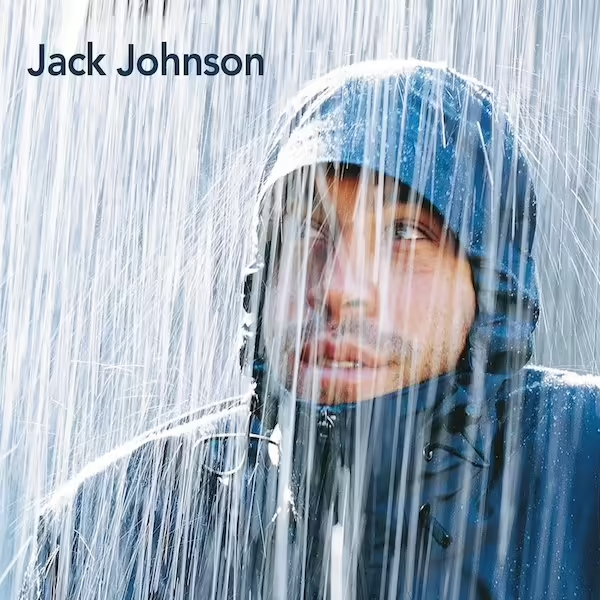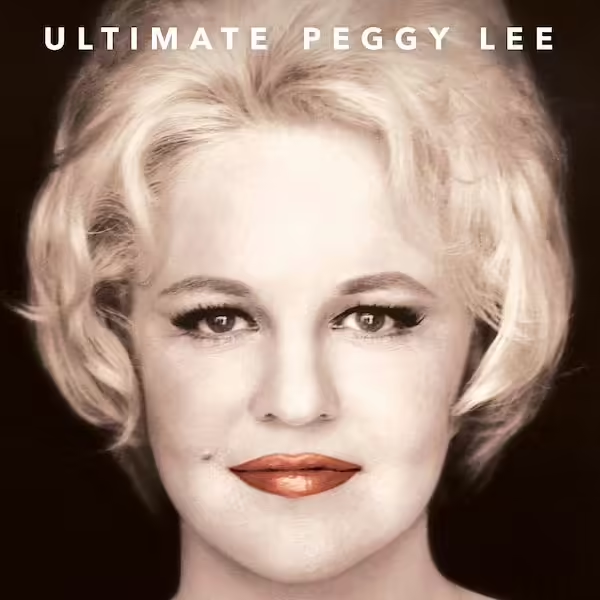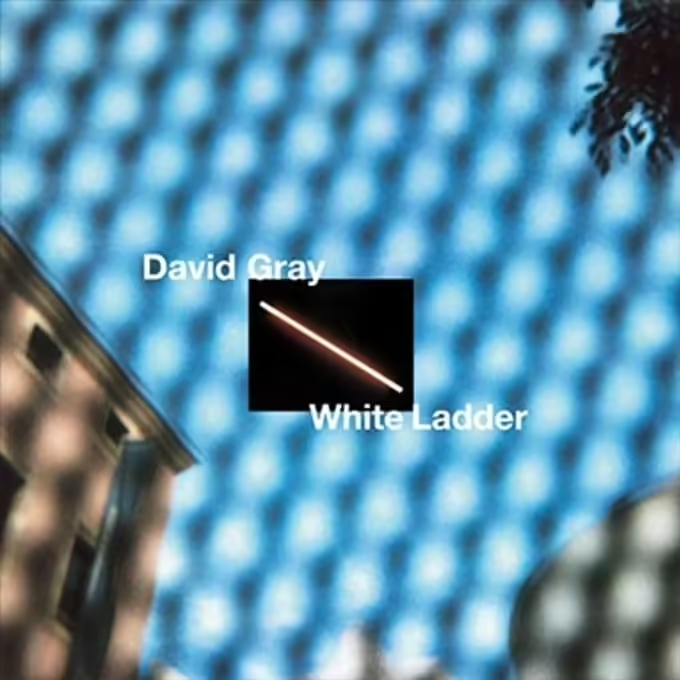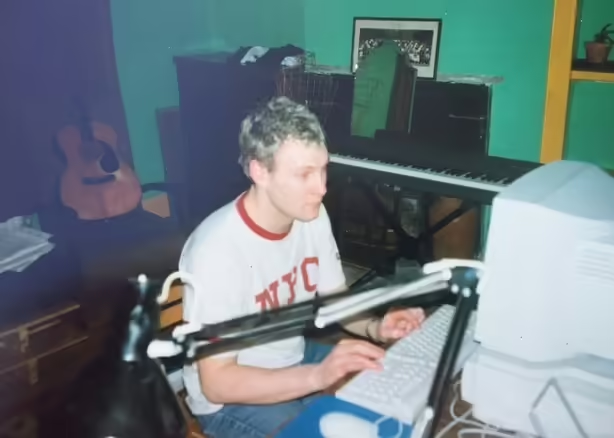Music Talk
MORMUSIC.Today Recommendation – Must-Have and Noteworthy Magnum Opus LP Re-Issues (repost)
Must Have Reissues
These albums will make your system sing, truly remarkable albums both musically & sonically. Classic albums that we have all heard countless times, but never at this sound quality. Playing Magnum Opus ReDiscovered selection is the best bang on the buck improvement to your system.
Dire Straits – Dire Straits. Mobile Fidelity, 45 RPM, 2LP. Original release 1978
When first released in Ireland in 1978, Dire Straits’ debut was an immediate sensation, here was a fully formed band with an inspired lead guitarist and truly memorable songs. Catapulted by the single “Sultans of Swing”, the album went to Top Ten throughout Europe. After having lived through the U.K.’s punk period in the mid-seventies, when lo-fi recording quality was the norm, it was refreshing to discover the first Dire Straits album, original music with great sound quality. Mark Knofler has such a distinctive guitar style.
If you were a Dire Straits fan during your College days, you’ll want to upgrade to this; it is a HUGE sonic improvement over every previous release. Well developed, driving bass, that distinctive guitar, coupled with terrific, memorable songs. This is my fifth copy of the album on vinyl; this is the one to own.
Dave Brubeck Quartet – Time Out, 200g 45rpm 2LP. Original release 1959.
Virtually all serious and even casual music lovers ought to be familiar with, or at least are likely to have heard The Dave Brubeck Quartet, even without realizing it for the quartet’s best-known hit “Take Five” has graced the soundtracks of multiple films, including “Mighty Aphrodite,” “Pleasantville” and “Constantine.”
The piece is famous for its distinctive, catchy saxophone melody, as well as its use of unusual 5/4 time so distinctive, it’s a rare jazz track that became a pop hit.
Time Out is a jazz and audiophile classic. Every music collection needs a copy. And now, mastered by Bernie Grundman and cut at 45 RPM on 200-gram premium vinyl, pressed at Quality Record Pressings, Analogue Productions brings you the definitive copy. The new reference.
Joan Armatrading 180g LP. Original release 1976
I am not in love
But I’m open to persuasion
East or West
Where’s the best
For romancing
When I first heard Love & Affection in 1976, I was smitten. Great vocals, smart lyrics, and wonderful delivery. I could empathize with the young woman’s exhilaration at being in love. The male backing vocal, which has been described as a “honeyed baritone”, was performed by American actor and singer Clarke Peters. The alto saxophone was by Gallagher and Lyle session player Jimmy Jewell. The rest of the album was equally compelling with its mixture of acoustic folk, tinged with jazz, and the occasional rock seasoning. A remarkable confluence of gifted folk singer/songwriter meets a rock producer delivering an album fleshed out with some of England’s finest folk & rock musicians.
Joan Armatrading’s self-titled, third album has aged well, and deservedly so. Kudos to A&M for hiring Glyn Johns as engineer & producer to provide a muscular edge to this unique West Indian folkie. Glyn Johns In 1971 worked as engineer/producer on The Who’s – Who’s Next, the Faces’ – A Nod Is as Good as a Wink…to a Blind Horse, and the Rolling Stones’ Sticky Fingers.
So in 1976, Joan Armatrading surrounded herself with some choice English musicians; including Jerry Donahue of Fairport Convention who provided superb guitar on both Love and Affection and Save Me. Bryn Haworth’s played slide guitar on “Like Fire” and mandolin on “Somebody Who Loves You” which added some nice texture. Drummers Dave Mattacks (Fairport Convention) and Kenney Jones (Faces, Small faces & The Who) were employed by Glyn Johns as appropriate to the different songs.
Like the Dire Straits debut album, here was a new talent, who arrived fully formed with a unique style & delivery. (Though this was her third album; she was “new” to me. and I was gob-smacked by this muscular folk-rock album. Four decades later, her songs are fresh & moving as ever, and a real window into the heart of a young woman. “Down to Zero” captures the essence of heartbreak; “Water with the Wine” describes the joyful regret a young woman feels after having been seduced.
This is both an audiophile demo disc, with depth, realism, breathing dimensionality, and a music lover’s delight. Highest recommendation
Noteworthy Reissues
Dire Straits-Dire Straits Mobile Fidelity 45 RPM 2LP Original release 1978
Jack Johnson’s debut album launched out of a garage 20 years ago. The album has stood the test of time selling over 2.5 million copies to date. Remastered by Bernie Grundman from the original analog tapes, this is a true AAA edition pressed at RTI on 180g vinyl delivering a sonic quality dramatically superior to the original 2000 release.
The style of Brushfire Fairytales is a direct result of Johnson’s upbringing in Hawaii and his favorite pastime: enjoying the relaxed vibe & surfing. Mellow, smooth, and soulful, Johnson’s vocals sway with a folksy blues and complement the loping bass.
Grundman brings new life to this album and the record delivers that “in the room” ambiance. There is a lot of spacious dynamics here due to the sparse instrumentation at play at any given moment. Flake and All Understood are rich and lush… I especially like Ben Harper’s slide guitar and Tommy Jordan’s steel drums on Flake and how they blend perfectly into the composition. On the other hand, The News and Sexy Plexi are intimate as Jack’s voice slices through the black silence. Front & center stage is Jack’s vocals, then his clean guitar, followed in the background by the drums, which are crisp. The snares are struck to perfection. The arrangements definitely subscribe to the less-is-more philosophy … it feels like you’re in the studio with Jack & friends. It’s a stunning effort overall and Bernie Grundman brings you closer to those original tapes. For an album that I have loved for two decades, I never imagined that it could be sonically improved on so much.
Peggy Lee-Ultimate 2LP
This 2-record set is a great tribute to Miss Peggy Lee for her 100th Year. Here is a wonderful collection of some of the Midwest singer’s most memorable upbeat songs, delivered on pristine vinyl. From an audiophile’s POV, the album kicks off with “Fever” (1958) and closes with her own remarkable ballad – “Is That All There Is” (1969). Lee takes credit for the arrangement of “Fever” — just bass, a little percussion, and finger snaps. The song, a heavily rewritten version of an earlier hit by rhythm & blues stylist Little Willie John, embodied the coolness and sophistication, that distinguished Lee and helped bring a new standard of restraint to pop singing.
“Black Coffee” (1953) is a signature song for Lee and it fits like a glove. It’s not blues, but Pete Candoli’s muted trumpet and sparse Lou Levy piano give it a properly forlorn bluesy quality. “A woman’s born to weep and fret. To stay at home and tend her oven. And drown her past regrets in coffee and cigarettes.” Sensuality oozes off the grooves.
Like Billie Holiday and many of the vocalists she admired, Lee discovered how to channel her troubles into art that dissolved the boundary between public expression and private pain. Describing a live performance of “Is That All There Is?,” a half-spoken art-house ballad that gave Lee her last big hit in 1969, her biographer, James Gavin pinpoints a moment in which “anger crept into her voice”:
The sound quality is crystal clear and the charming songs are a joy to listen to. The recording dates range from 1947 to 1969, including Capitol and Decca releases. As an introduction to Miss Peggy Lee (as she liked to be called), this is, indeed, the “ultimate.”
Double LP set pressed on 150-gram vinyl at Quality Record Pressings, KS.
David Gray: Irelands Greatest Hit
David Gray, an impoverished Welsh electro-folk singer, made a record in his spare room that became the biggest selling album of all time in Ireland selling over 350,000 copies by 2002 Bear in mind that the Republic of Ireland had a population less than 4 million at the time. ‘White Ladder’ was originally released in Ireland, on 27 November 1998, entering the Irish chart at number 25. 61 weeks later, and for the first time, the album went to number 1 on 24 January 2000, spending six weeks at number 1, and subsequently spent much of the next four years in and around the top 10. It eventually went 23x Platinum and remains the bestselling album in the Republic of Ireland; at one stage, it was said that one in every four Irish households had a copy of the album. In a nation that produced U2, the Corrs, and Clannad, White Ladder remains the best-selling album of all time.
“It’s a study of one of the biggest David vs Goliath stories of all time. A man with nothing but the support of a tiny country that leveraged that into a global success. It’s full of hope, as we celebrate the legacy of a DIY spirit that is Ireland to the core.” David Gray: Irelands Greatest Hit – documentary director Donal Scannell
White Ladder was recorded in his spare room (photo above), first released in November 1998 through Gray’s own record label, IHT Records. This was David Gray’s fourth album after he was dumped by two different record labels due to the dismal sales of his first three albums. While he was with Virgin Records he was applauded for his talent, emotive voice, and songwriting skills, yet he never quite found a mainstream audience. Gray took out a second mortgage on his home, borrowed money from friends & family and self-released one thousand CDs of White Ladder. Having little money for promotion, sales in the United Kingdom when the albums were released were dismal. Gray sent some CDs over to Irish DJs in the off chance that they might play a song or two. The record became a massive word of mouth success, with Irish audiences the first to embrace the now-iconic set of songs that include This Year’s Love, Please Forgive Me, Sail Away, and Babylon. Almost three years later, the album finally topped the charts in his native UK and went on to sell seven million copies worldwide.
The electronic percussion of White Ladder betrays its origins as a home-recorded folktronica album—the hollowed-out trip-hop drums of “Nightblindness” bear the requisite influence of Radiohead’s “Climbing Up the Walls,” But the electronic drum beat was fresh & innovative in 1998, especially in the context of folk music and as is always the case, twenty years later, the album has held up well. Many listeners connected with the lyrics and the rough strokes on the acoustic guitar are music to my ears and soul and the lyrics touch and at times even hurt my heart because they ring true. Lyrically, the best part is the take no crap song “say hello wave goodbye” (Soft Cell) and overall the open and honest feel of each song.
For the 20’th Anniversary since its original release in the United States, this iconic album was re-mastered and released on white vinyl and is simply wonderful.
The album has been stretched over four sides of vinyl, so the music has plenty of room to breathe. Each song is strong and superbly crafted, both in terms of arrangement and delivery. Standouts, “Babylon”, “Please Forgive Me” and “This Year’s Love,” are touching and likely to bring a tear to the ear of the listener. But the whole album is strong and most enjoyable to listen to straight through. This album is definitely a much-needed addition to any high-quality music collection.
BTW, the original 2000 CD plays extremely well on the Gryphon Ethos (CD player, upsampled to DSD 2X) and is not inferior to the 2020 remastered LP.
Happy listening!

